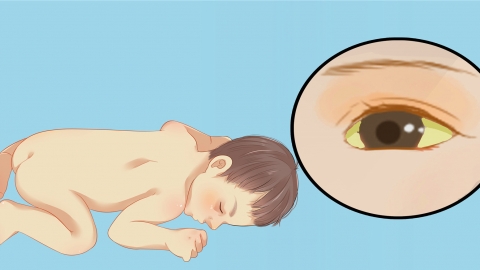Does penicillin affect neonatal jaundice?
Generally, penicillin has no direct effect on neonatal jaundice. However, if a newborn is receiving penicillin to treat an infection, the impact of the infection itself on jaundice should be considered. If there are any concerns, it is advisable to seek medical consultation in advance. Detailed analysis is as follows:

Penicillin is primarily used to treat bacterial infections, and its pharmacological action does not directly cause or worsen jaundice. Neonatal jaundice is mostly related to abnormal bilirubin metabolism—for example, physiological jaundice is caused by excessive bilirubin production and insufficient liver metabolism, and is unrelated to penicillin.
If jaundice in a newborn is caused by an infection, such as sepsis, penicillin is used to control the infection. In such cases, changes in jaundice are associated with the control of the infection. If the infection is not effectively controlled, jaundice may persist or worsen—not due to a direct effect of penicillin, but rather due to the effects of the infection itself.
Newborns receiving penicillin must strictly follow medical instructions, with close monitoring of jaundice progression and physical responses. If jaundice persists, worsens, or is accompanied by other abnormalities, this should be promptly reported to the physician to determine the cause and implement targeted management.




